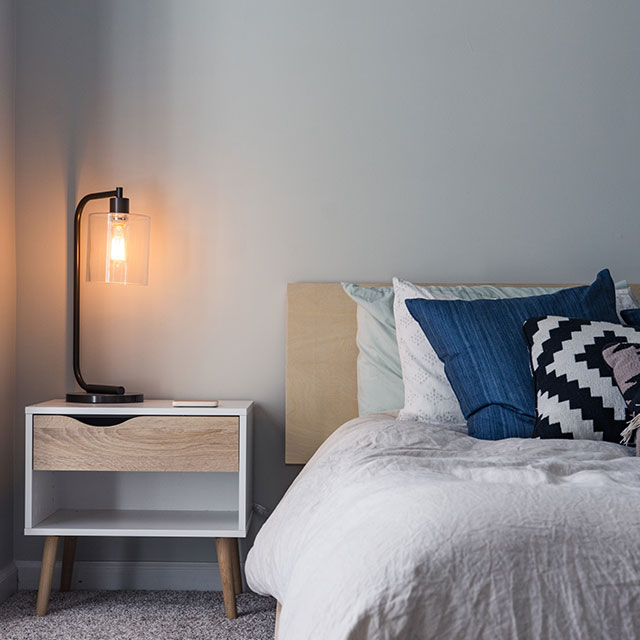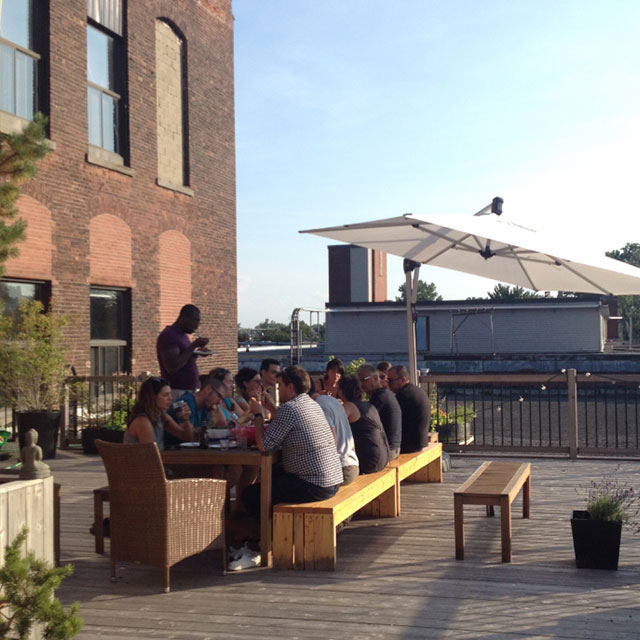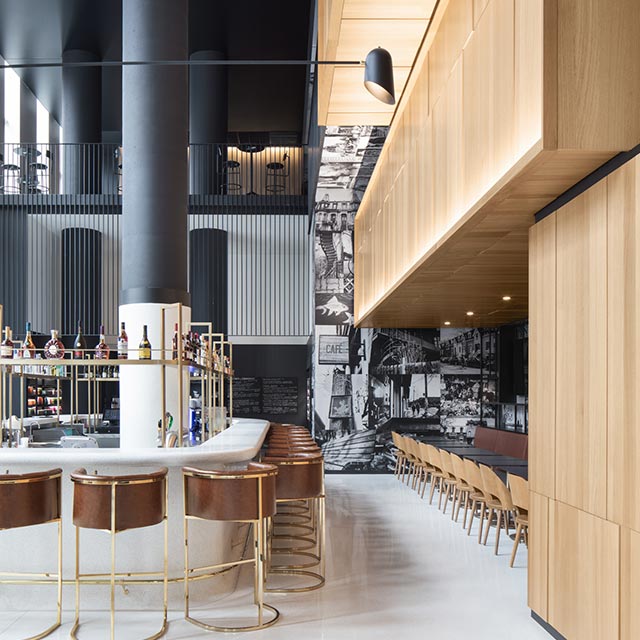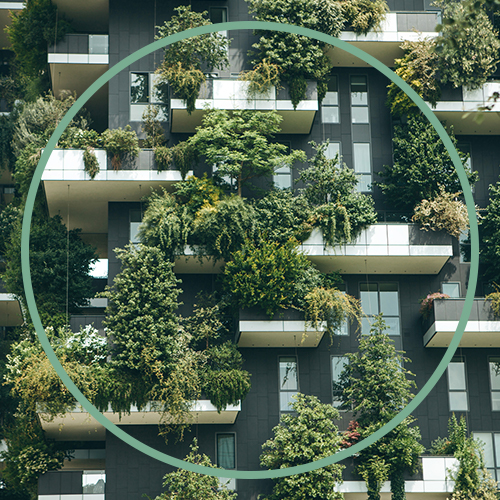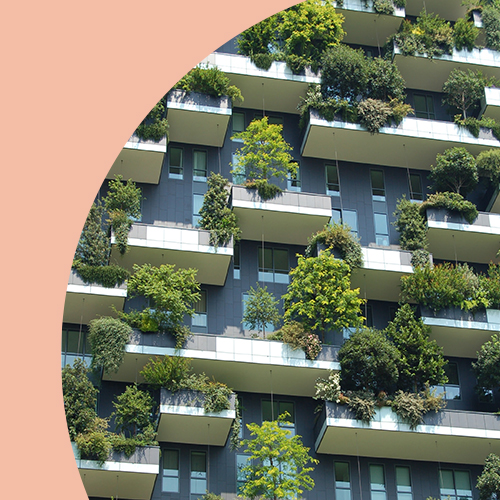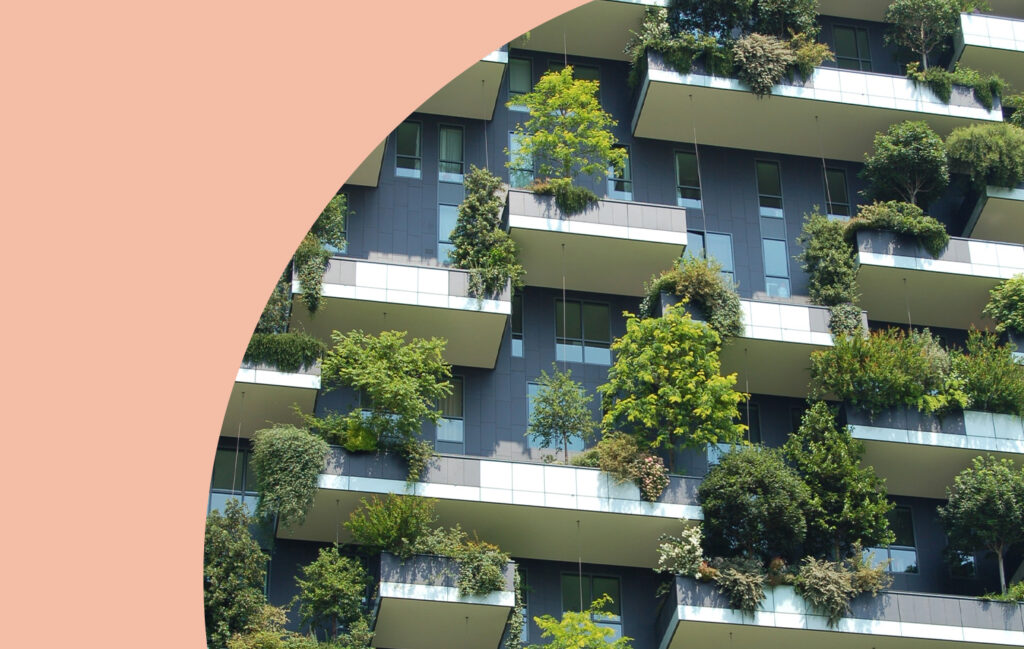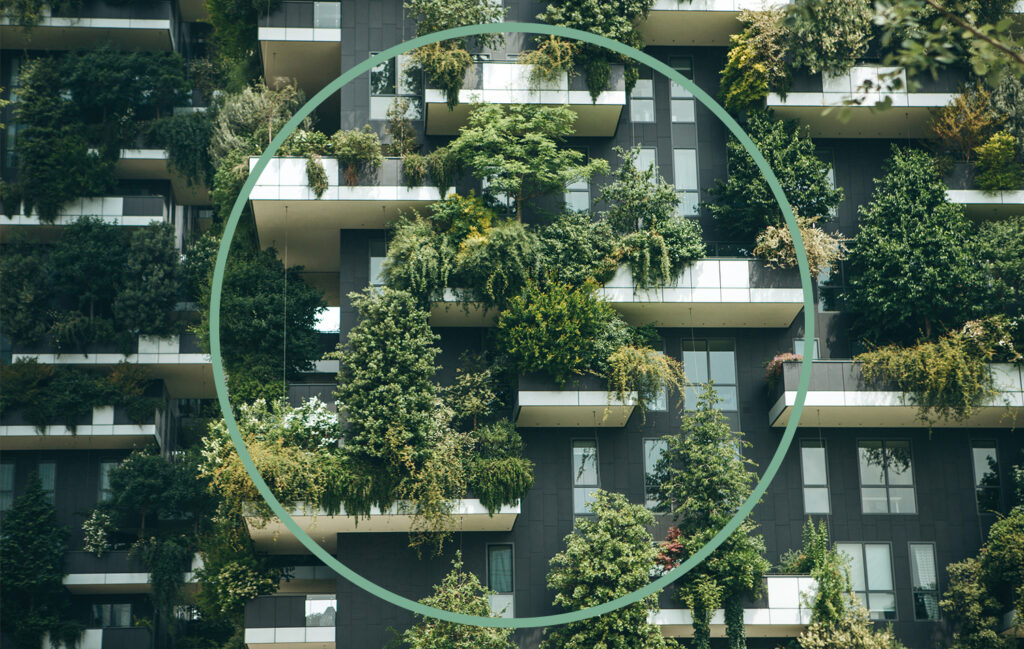
But what is green marketing? By definition, green marketing, also called sustainable marketing is represented by all the actions which aim to use the ecological positioning of a brand, its products or services in order to increase its sales and improve its image. As this marketing strategy is strongly used in the tourism sector, it is therefore necessary to remain authentic while demonstrating transparency and more precisely to avoid greenwashing.
What are our consumers and what is the message to spread?
First, you have to understand who your consumers are and what their motivations are in order to have an effective green marketing. It is true that the majority of them are aware of their environmental impact but not all of them are fully ready to change their habits and their behavior. There are three types of consumers : unconditionals, greens with variable intensity and disconnected people.
Currently, there are very few unconditionals willing to pay more for a stay in an environmentally friendly establishment. Indeed, your messages must not be unfounded, biased or even excessive. It will be a good idea for you to put facts and figures forward and make sure to remain as transparent and honest as possible if you want to succeed in retaining them.
Greens with variable intensity are sensitive to the environmental cause but they are not ready yet to pay more and to change their habits unless they see a justified personal benefit. If you want to send them a message, be sure to highlight your property’s ecological and economic benefits and to rely more on emotional rather than rational arguments.
Disconnected people aren’t often receptive to green marketing because they aren’t aware of the advantages of choosing an environmentally responsible establishment. In order to convince them, you have to show them that choosing an eco-friendly property will improve their experience.
Which media should be used?
Moreover, after identifying your consumers and defining the message to send them, it is appropriate to choose only the most relevant media. Start by updating your website by creating a section fully dedicated to the environment, which highlights your values, your practices and your policies. You can also use your social media such as Facebook, Twitter, LinkedIn and Instagram to promote your sustainable practices at large and also to interact with your different audiences.
The most relevant is to use your own sales platforms to communicate on your environmental progress. It is at this moment that your customer will see the price and will take into consideration all the ecological advantages that your establishment offers. Thereby, justification can be easily done, so think about improving your online booking engine with your environmental actions and using your distributors such as online travel agencies (OTAs).
Considering responsible tourism distributors is also an excellent idea. This may help you attract more customers and will expose you to competitors who have the same commitments. So if your pricing is higher than your usual competitors, it will be easier to justify it on these dedicated platforms. Finally, the press is a great way to gain more notoriety and credibility with a larger audience but it requires having an allocated budget.
Overall, green marketing is an excellent business strategy for any hotelier who wants to promote their sustainable practices. As a result, 64% of companies use social or environmental arguments to sell their products and services and this is why it will be important for you to innovate in order to differentiate your property from competitors. As you may already know, each marketing action has a cost, so before starting any project, be sure that your consumers will be sensitive enough to your message and above all, ready to pay a higher price. However, in the medium term, all of these actions could help you reduce some of your costs and your ecological footprint. Moreover, the green marketing will also help you strengthen your property’s image and increase your income.
So, are you ready to use green marketing to promote your property?
 Log in
Log in
